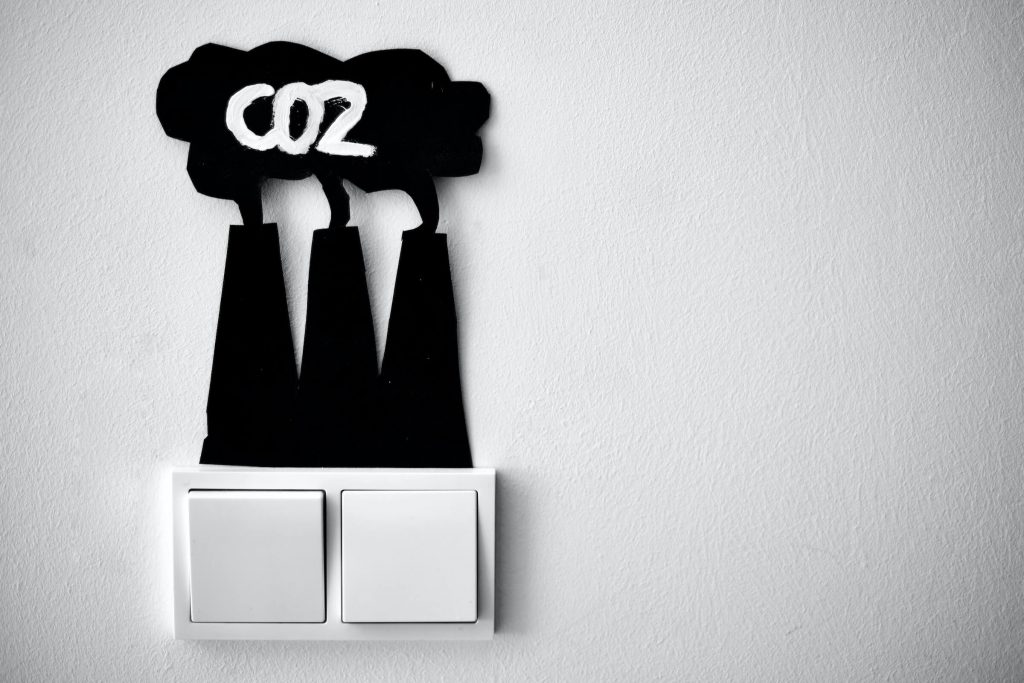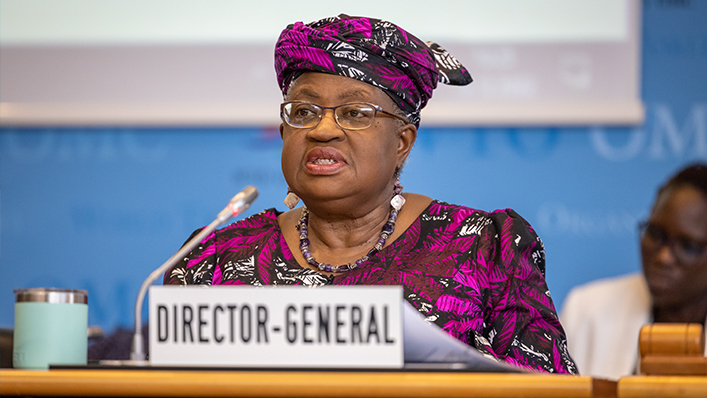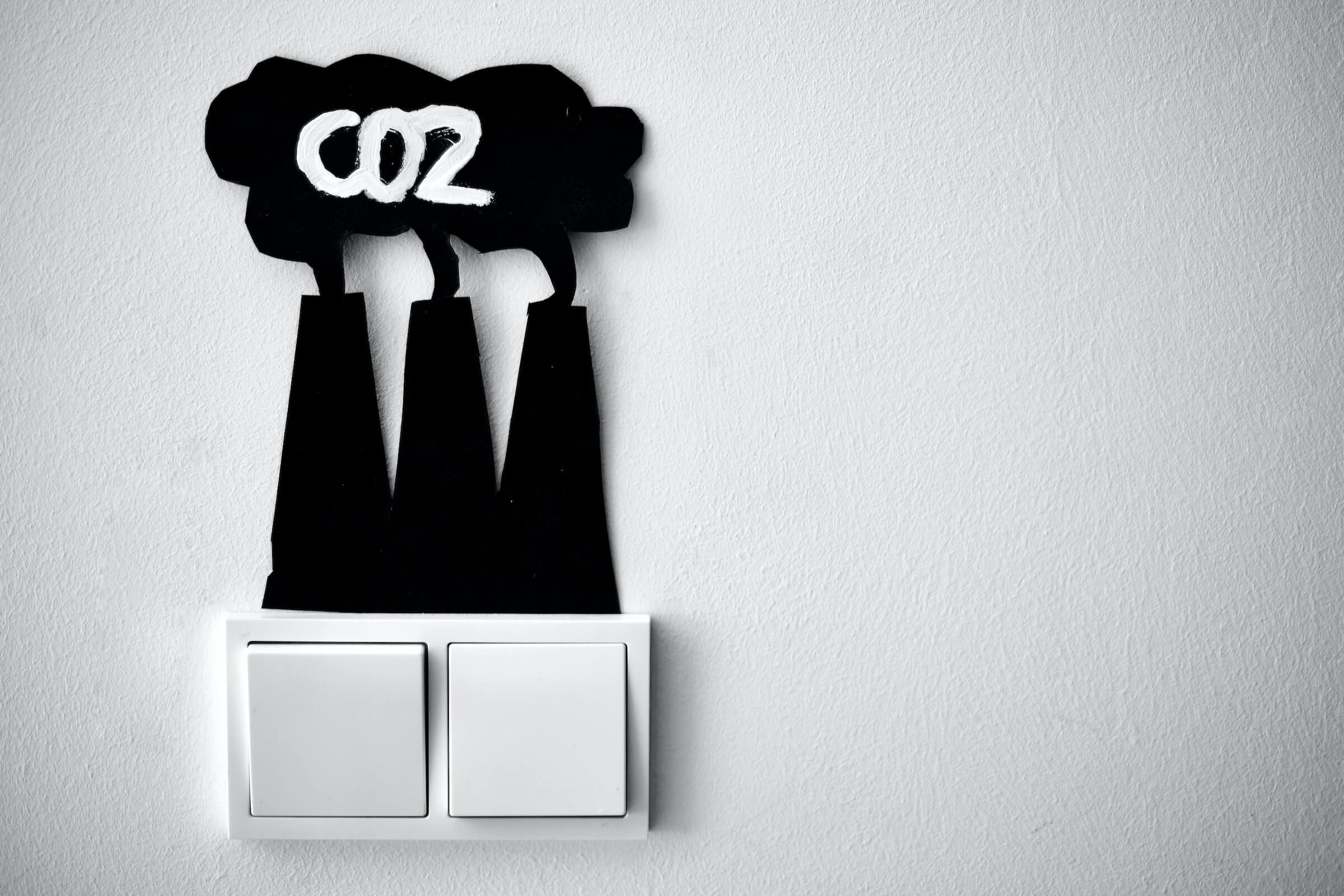
The Director-General of the World Trade Organization, Ngozi Okonjo-Iweala, emphasized at the World Economic Forum that the process of decarbonizing global trade and supply chains must be inclusive and not leave behind the countries in the Global South.
According to a recent news article from Eco-Business, the Director-General of the World Trade Organization (WTO) has called for a global carbon tax and reforms to trade regulations to enable the world to meet decarbonization goals this decade. Speaking at the World Economic Forum in Davos, Okonjo-Iweala stated that many countries tend to impose higher tariffs on clean goods but lower tariffs on carbon-intensive goods, which skews trade towards “dirtier products”. This results in an “implicit subsidy” of $550 billion- $800 billion per year for carbon dioxide production.
Okonjo-Iweala estimates that removing the carbon trade bias would reduce global carbon emissions by 3.6% while increasing global income by 0.65%. She also emphasized that decarbonizing global trade and supply chains must occur in a way that “leaves no one behind” and that low-income nations will need to obtain “the capacity and infrastructure to demonstrate the low carbon content of their goods.”
The WTO Director-General also called for a shared global price on carbon, stating that the large number of fragmented schemes has led to uncertainty and concerns among businesses. The WTO is working with the World Bank, the Organisation for Economic Co-operation and Development (OECD), and International Monetary Fund to evaluate how to consolidate carbon pricing globally.

Failure to implement a global carbon price and carbon trade tax reform risked the world missing 2030 climate targets, Okonjo-Iweala warned. In order to adhere to the goals set by the Paris Agreement of limiting global warming to no more than 1.5°C, a reduction of carbon emissions by 45% by 2030 is necessary. The Director-General’s call for a carbon tax and trade reform comes a month after the European Union introduced a new law to weed deforestation out of European supply chains by clamping down on forest-risk imports.
